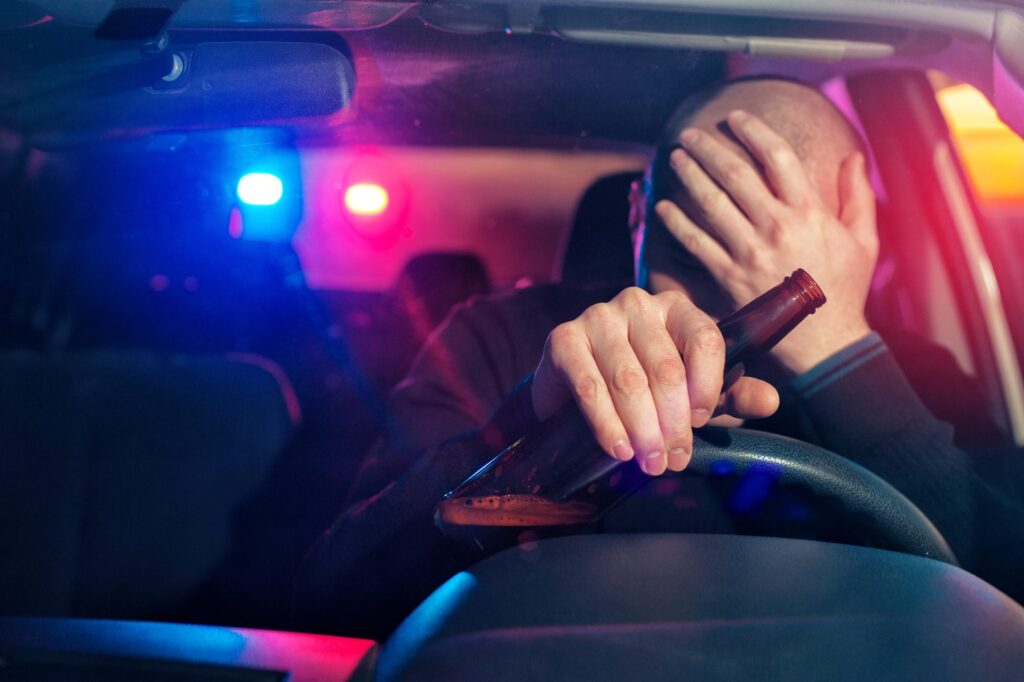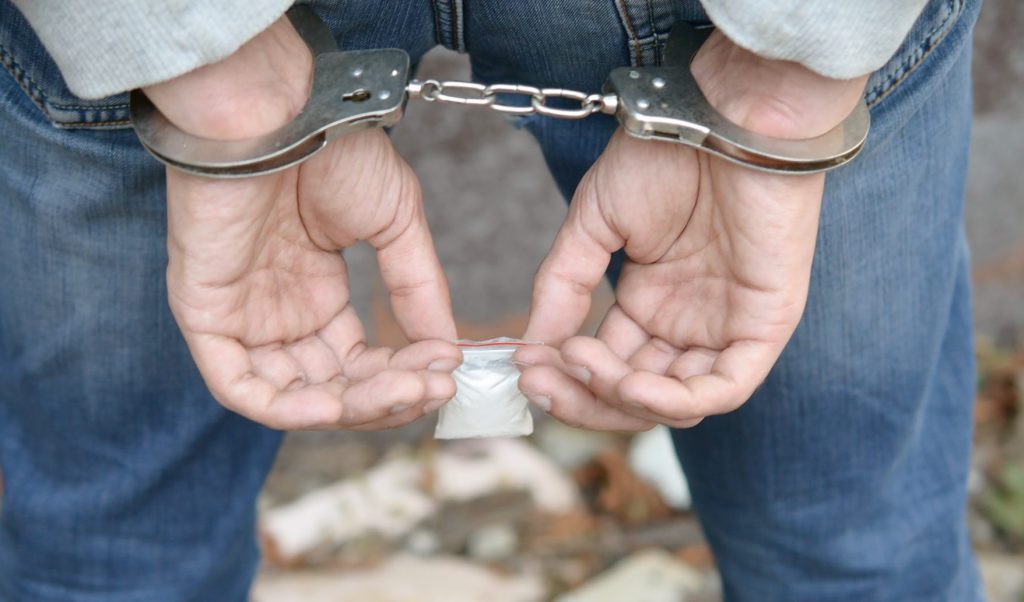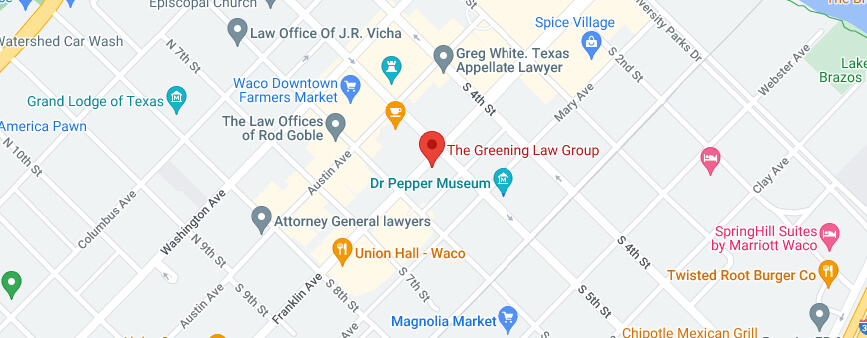What Happens Following Your First DWI in Texas?
Many Texans who are first-time DWI offenders have no previous criminal record and may not realize the severity of the charges against them. Texas has stringent DWI laws, even for offenders with no prior charges. Penalties can also increase rapidly based on other factors related to your arrest, such as your blood alcohol content. One poor decision can potentially lead to a lengthy jail sentence, hefty fines, and a permanent mark on your record. An experienced Texas DWI defense attorney can explain what you need to know about a first-offense DWI and why seeking strong legal representation is essential.
What Are the Possible Charges and Criminal Penalties for a First-Offense DWI?
A first-offense DWI in Texas is usually a Class B misdemeanor. If you are convicted of this charge, you may be sentenced to a maximum of 180 days in jail and up to a $2000 fine. The mandatory minimum jail time that you will have to serve is three days unless you are granted probation.
While this may seem harsh enough on its own, it is critical to remember that this is only a minimum charge for a DWI. Texas DWI law is complex, and prosecutors may attempt to bring further charges, which could significantly increase the criminal penalties involved.
What Factors Can Lead to Enhanced Penalties?
Texas takes DWI charges seriously and enforces harsh enhanced penalties against individuals who they believe have hurt or severely endangered others while driving intoxicated. If your first DWI involves any of these aggravating factors, you may face escalating jail time and fines.
DWI With a Passenger Under 15
If you have a minor in your car during your DWI arrest, the charges are immediately increased to a felony, regardless of whether it is your first DWI or not. Under this charge, you may get 180 days to two years in state jail and up to a $10,000 fine.
BAC of .15% or Higher
If you submitted to a breathalyzer or blood test at the time of your arrest and your blood alcohol concentration (BAC) registered at .15% or above, the charge against you could be increased to a Class A misdemeanor. A Class A misdemeanor carries a possible penalty of up to one year in jail and a maximum fine of $4,000.
Individuals convicted of a DWI with a high BAC in Texas may also be required to install an Ignition Interlock Device (IID) in their vehicle(s). An IID is a breath-testing machine you must blow into to start your car. If it detects alcohol or is tampered with, it will not allow the vehicle to start and you could have your bond revoked and sent back to jail.
Intoxication Assault
If you were driving while intoxicated and injured another person, you could face the third-degree felony charge of intoxication assault. Even for a first-time offender, this charge can result in severe penalties, including two to ten years in prisonl and up to a $10,000 fine.
Intoxication Manslaughter
If anyone dies as a result of your intoxicated driving, you could be charged with a second-degree felony and face two to 20 years in prison and a maximum fine of $10,000. If you are facing this severe charge, it is critical to contact a skilled intoxication manslaughter defense attorney as soon as possible to discuss your legal options.
What Civil Penalties Could You Face for a DWI?
In addition to criminal penalties, you may also be subject to civil penalties for a first-offense DWI. If you are deemed by the court to have an issue with alcohol, you may be required to report to a state-approved rehab facility for treatment. Many individuals are also ordered to attend a DWI course within 180 days of their conviction. A failure to follow through with court-ordered programs or treatments could result in further penalties, such as license revocation.
You may also have your license suspended for a period of time following your DWI conviction. If you refuse to take a breath or blood test at the time of your arrest, your license will immediately be suspended for 180 days. For individuals who test above .08 BAC, the suspension is generally 90 days but may be longer, depending on your situation. It is important to contact a skilled DWI lawyer to appeal this suspension to preserve your driving privileges. To have your license reinstated at the end of the suspension, you must pay a $125 fee.
The Texas DPS also charges individuals convicted of a DWI a steep civil fee. The fee structure is as follows:
- First DWI in a 36-month period: $3000
- Subsequent DWI in a 36-month period: $4500
- DWI with a BAC of .15 or higher: $6000
Can a Texas DWI Be Reduced?
A first-offense DWI can lead to significant and costly legal issues and may even result in a felony charge. The prosecutor does have the power to “waive” enhanced charges and only proceed with the minimum Class B misdemeanor charges. However, you must be able to present them with a persuasive reason for taking this action. A robust legal defense can be crucial to protecting your freedom, reputation, and driving privileges.
Following the passage of Texas House Bill 3582 in 2019, some defendants may also apply for deferred adjudication on their DWI charges. Under deferred adjudication, the defendant enters a “guilty” or “no contest” plea and agrees to abide by the conditions set by the judge for a specified amount of time. If the defendant successfully completes the requirements, the case is dismissed, and there is no final conviction. Deferred adjudication also makes it easier to have your charges sealed later.
What Can You Do if You’ve Been Arrested for a First-Offense DWI?
Don’t make the mistake of assuming that a first-time DWI charge will only have minor consequences. DWI law is highly nuanced, and it can be extremely challenging for individuals to navigate a successful defense on their own. Our knowledgeable attorneys will thoroughly investigate the circumstances of your DWI arrest and work to have your charges reduced or dismissed. Contact The Greening Law Group today to schedule a free consultation: 979-779-2000.













